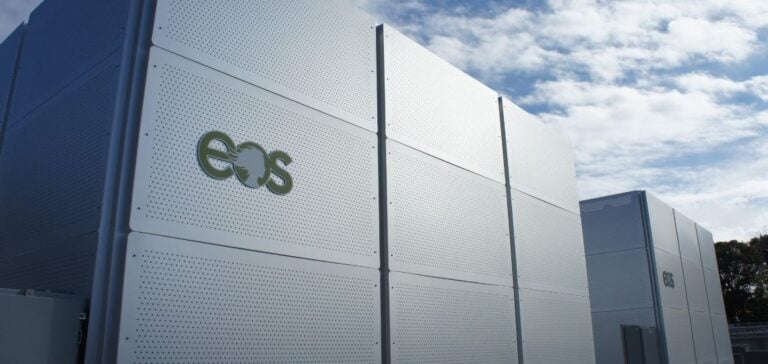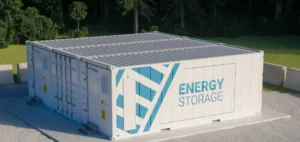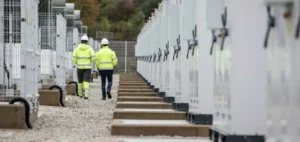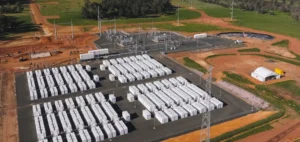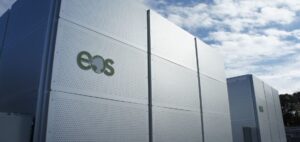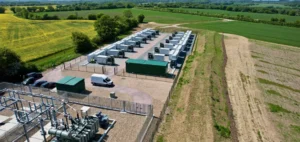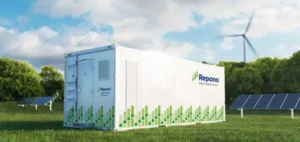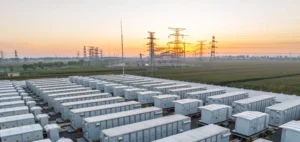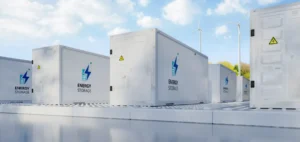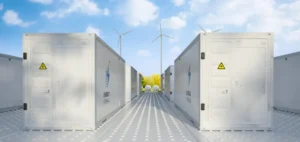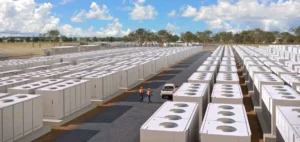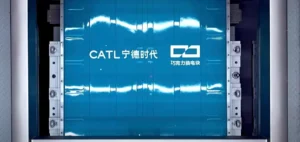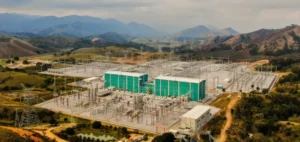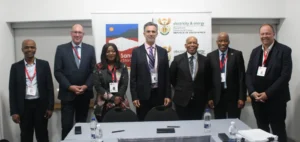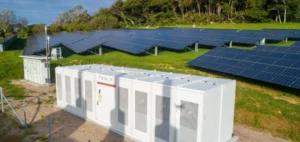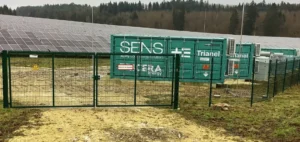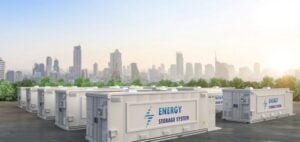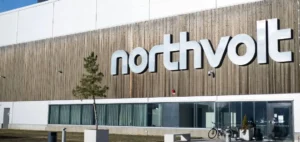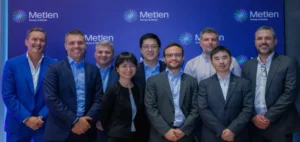Eos Energy Enterprises, Inc. (NASDAQ: EOSE), a specialist in zinc-based long-duration energy storage systems, has announced the closing of a $303.5 million loan guaranteed by the U.S. Department of Energy (DOE). This loan, provided under the Title 17 Loan program, marks a major milestone for the “American Made Zinc Energy” (AMAZE) project, which aims to increase Eos’s annual production capacity to 8 GWh by 2027.
Since its strategic decision to relocate its production from China to the United States, Eos has made strides in developing its technologies and reorganizing its production lines to enhance efficiency. With over 90% of components sourced domestically, the company aims to become a leader in manufacturing batteries essential to the energy transition.
Growing demand for long-duration batteries
The energy storage market is booming in the U.S. According to Fortune Business Insights, this sector could reach $31.4 billion by 2032, driven by the rise of renewable energy and the need to stabilize power grids. Eos plans to meet this demand by constructing four automated production lines, one of which is already operational. These facilities are expected to produce reliable, cost-effective, and sustainable batteries, offering an alternative to existing technologies.
Economic impact and AMAZE project goals
The DOE loan complements a strategic investment from Cerberus Capital Management, announced in June 2024. Together, these funds will support the AMAZE project, which is set to generate significant economic benefits in the Mon Valley region of Pennsylvania. The project anticipates creating 1,000 direct and indirect jobs, including apprenticeship programs in partnership with local schools and professional development organizations.
Eos continues to expand its order portfolio, valued at $589 million as of September 30, 2024, while growing its commercial pipeline, estimated at $14.2 billion. With these strengths, the company is well-positioned to play a key role in ensuring the long-term energy security of the United States.

